Cattle that have eaten grass all their lives will eat meat once in their lives, but it is still their placenta
A few days ago, a cow gave birth to a calf at Benniu Ranch, and the breeders were taking good care of their mother and son. After the calf was born, the cow carefully licked the entire body of the calf until the amniotic fluid on the calf was cleaned. Then he helped the calf stand up and guided it to milk. After the calf stood up, the cow did something earth-shaking.
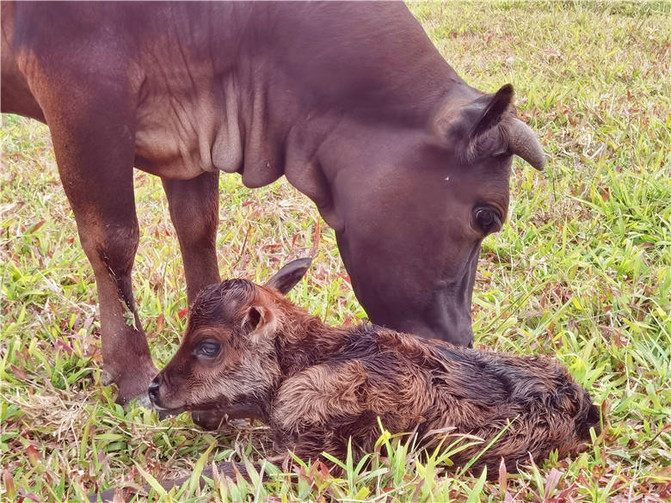
At this time, the cow's placenta has slowly fallen off. Only the cow was seen turning back hard, biting and pulling out the placenta, and then holding it to the front. At this time, the breeder was surprised to find that the placenta became a nutritious meal in front of the cow who had been eating grass. The cow swallowed it one bite, chewed it hard, and swallowed it slowly.
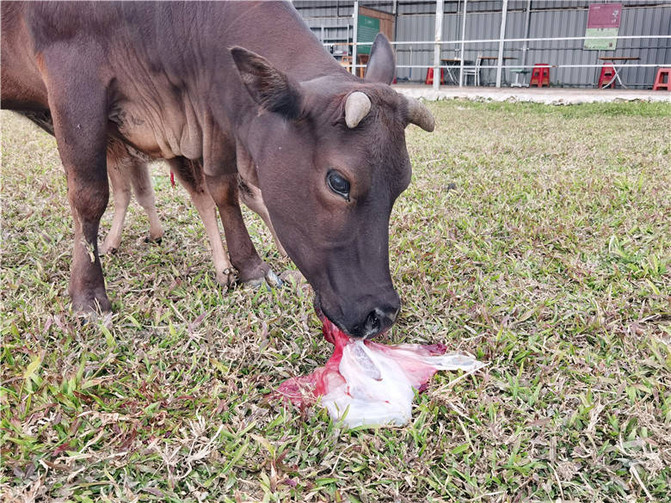
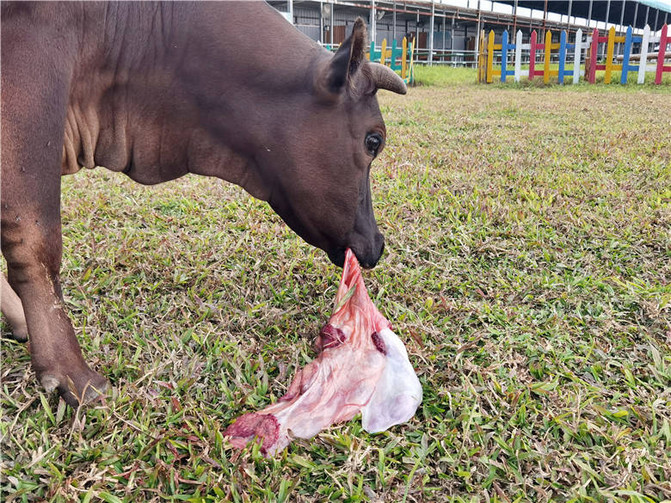
Although the afterlife is not large, it is not easy to chew through the afterlife because cows are grazers. The cow chewed slowly and took about 30 minutes to finish it. The cow that had just finished chewing the placenta seemed a little uncomfortable. It belched and seemed to swallow very hard.

The breeder was worried that the cow would have problems eating the placenta, so he quickly called the animal doctor. After some explanation from the veterinary doctor, the breeder understood that cows eat placenta by nature and a self-protective habit formed by cows during their evolution. Because cows originally live in the wild and give birth to their children in the wild, cows have many natural enemies in the wild, such as tigers, lions, leopards, etc. When cows give birth, they will have a bloody smell, and the placenta will still have it. If the cow does not eat the placenta, the placenta will remain around the cow's child for a long time. At that time, the calf is not strong enough to migrate. Natural enemies will find the cow and calf based on the smell, which is more dangerous at this time. Therefore, when the cow eats the placenta, the smell will be reduced and it will be relatively safe.
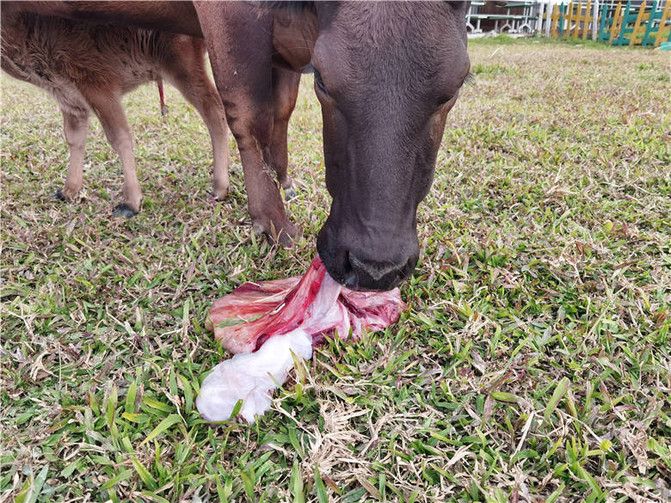
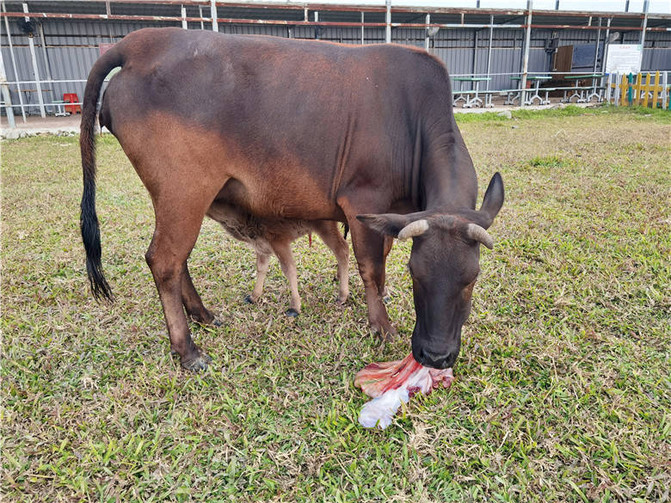
Regarding whether it is harmful for cows to eat placenta, veterinary doctors say that it will generally not cause much harm. The biggest harm is that the larger placenta may cause indigestion in cows and cause cows to not eat after childbirth! If conditions permit, it is best not to give cows placenta. If the cow has normal digestion and good physique, then there is no need to worry, because the birthmark is very rich in protein, and production is a very physically consuming process, and the cow will help restore physical fitness after eating it.
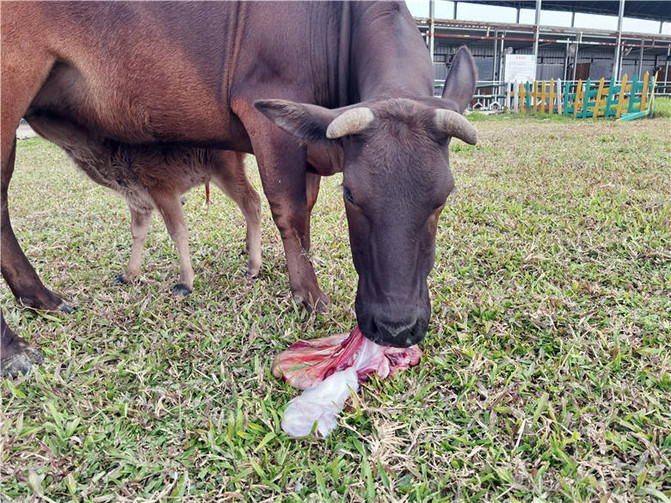
There are no surprises in the world. Every animal will know how to protect itself and its own baby during the evolution process, so that it can reproduce and survive in a nature where everything competes for the fittest. The same is true for cows to eat placenta, which is to protect themselves and their newborn calves.
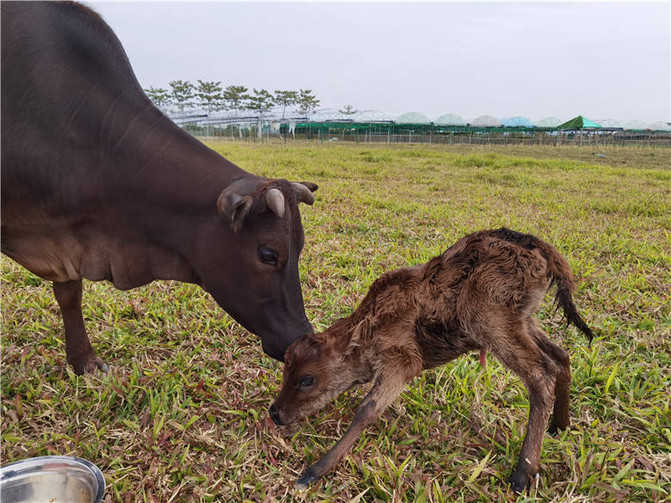
Previous Article:On a National Day trip, you can leave as soon as you say
Next Article:Check-in hometown tourist attractions
